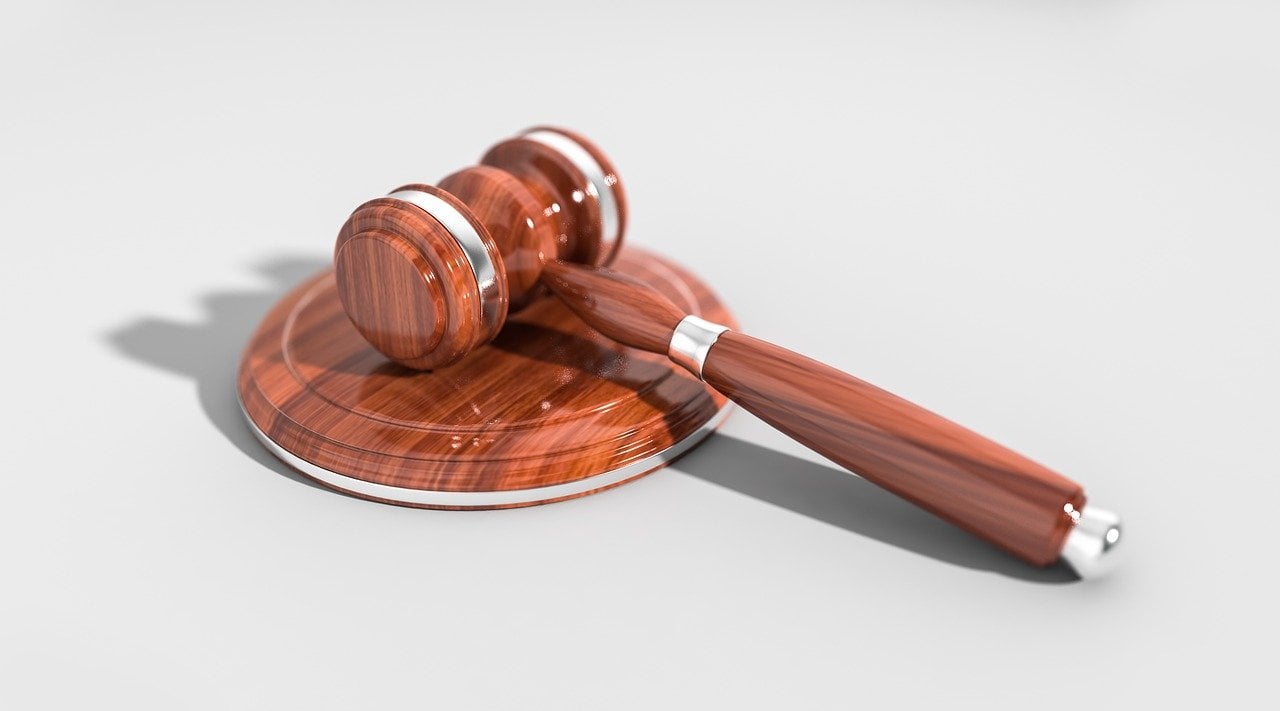Student Started Google v Oracle Supreme Court Battle; Decision Shows How Law Has to Evolve to Govern New Situations
Q1 2021 hedge fund letters, conferences and more
Supreme Court Sides With Google In Its Battle With Oracle
WASHINGTON, D.C. (April 6, 2021) - Yesterday the Supreme Court sided with Google in a multi-billion dollar law suit involving Oracle's copyrighted computer program, but the origins of the case date back more than 50 years to a young law student at Columbia Law School named John Banzhaf.
In 1964 there were no personal computers; indeed, only banks and few large businesses could afford to have the huge computers which usually occupied a large specially air conditioned room and needed several skilled persons to operate.
At that time people were beginning to write programs, but there seemed to be no way to legally protect them so they could be safely sold or leased without the risk of being copied.
An old Supreme Court decision involving rolls of paper with holes used to operate player pianos which were held not protectable by copyright seemed to preclude protection for programs under the copyright law, and patenting a computer program was seen as even more farfetched.
Copyrights For A Computer Program
But a second-year law student wanted to change this so that companies could make a profit leasing or selling programs protected by copyrights.
So he wrote two simple computer programs, one printed on paper and the other recorded on magnetic tape.
He was then able to persuade the Copyright Office, using novel legal arguments, and something he had learned as one of the country's early hackers, to register copyrights on his novel "writings," thereby opening door for writing programs to become a viable and profitable business, as Bill Gates and other would soon demonstrate.
The New York Times heralded this development in an article entitled:
Today the man, who has been called the "Father of Computer Program Copyrights," is a famous public interest law professor better known as "The Man Behind the Ban on Cigarette Commercials" and "a Driving Force Behind the Lawsuits That Have Cost Tobacco Companies Billions of Dollars."
Professor Banzhaf notes that although the Court ruled that Google's use of a small portion of Oracle's copyrighted computer programming was permitted under the copyright doctrine of fair use, it nevertheless demonstrates the enormous value of being able to copyright computer programs, and shows how the law can adopt to new and changing circumstances and technology.





